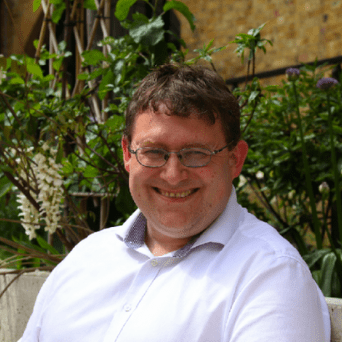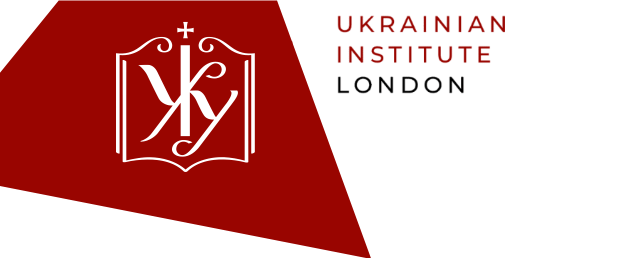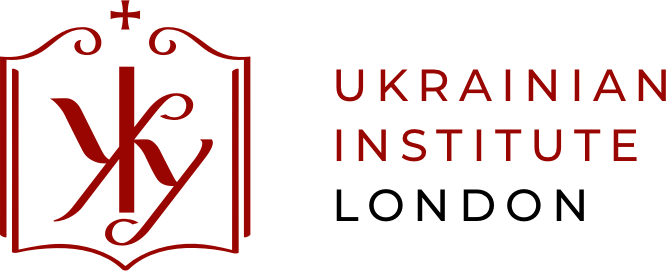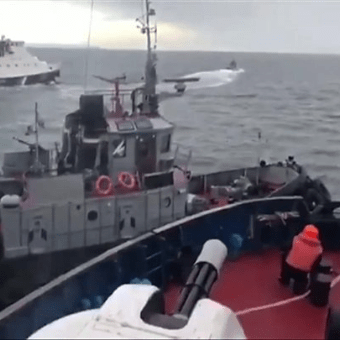Speaker
Ola Onuch
Dr Ola Onuch is a Senior Lecturer [Associate Professor] in Politics. She joined the University of Manchester in 2014, after holding posts at the University of Toronto (2010-2011), University of Oxford (2011-2014) and Harvard University (2013-2014). She is an Associate of Nuffield College (Oxford) and The Harvard Ukrainian Research Institute. Onuch was also a Research Fellow at the Davis Center (Harvard) in 2017. Onuch’s comparative study of protest (elections, migration & identity) in Eastern Europe and Latin America has made her a leading expert in Ukrainian and Argentine politics specifically, but also in inter-regional comparative analysis. Her book “Mapping Mass Mobilizations” (2014, reviewed in Europe-Asia Studies), explores the processes leading up to mass protest engagement in Ukraine (2004) and Argentina (2001).
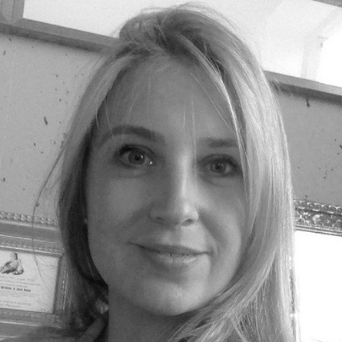
Speaker
Orysia Lutsevych
Orysia Lutsevych is Research Fellow and Manager of the Ukraine Forum in the Russia and Eurasia Programme at Chatham House. She focuses on social change and the role of civil society in democratic transition in the post-Soviet region. Her recent research analysed Russia’s use of proxy NGOs in achieving its foreign policy objectives. She is the author of the Chatham House briefing papers "The Struggle for Ukraine," ‘How to Finish a Revolution: Civil Society and Democracy in Georgia, Moldova and Ukraine’ and others. Prior to joining Chatham House, she led the start-up of Europe House Georgia and was Executive Director of the Open Ukraine Foundation. She has an MS in International Relations from Lviv State University and an MS in Public Administration from the University of Missouri.
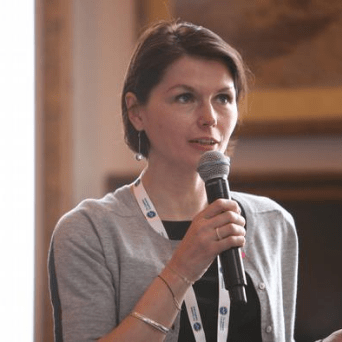
Speaker
Andrew Wilson
Andrew Wilson is Professor in Ukrainian Studies at University College London and a Senior Policy Fellow at the European Council on Foreign Relations. His book Ukraine Crisis: What the West Needs to Know was published by Yale in October 2014 in the UK and in November in the USA. He has worked extensively on the comparative politics of the post-Soviet states since 1990. His other books include Belarus: The Last European Dictatorship (2011), The Ukrainians: Unexpected Nation (Third edition, 2009), Ukraine’s Orange Revolution (2005) and Virtual Politics: Faking Democracy in the Post-Soviet World (2005).
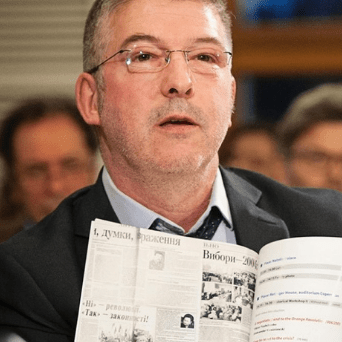
Speaker
Rasmus Nilsson
Dr Rasmus Nilsson is a Teaching Fellow in Russian Foreign and Security Policy, UCL SSEES. He obtained his PhD from the School of Slavonic and East European Studies in 2010 on the topic of Russian perceptions of Belarusian and Ukrainian sovereignty in the period 1990-2008. He has subsequently written about Russian foreign policy for the Danish Ministry of Defence. Also in Denmark, at the University of Copenhagen and at Aarhus University, he taught courses on the political and social history, as well as the contemporary domestic and foreign policies, of Russia, Ukraine, Belarus, Moldova and the Baltics. Currently, he is working on projects relating to contemporary relations between Russia, Belarus and Ukraine with an emphasis on developments in state identity.
